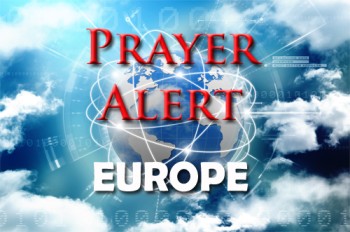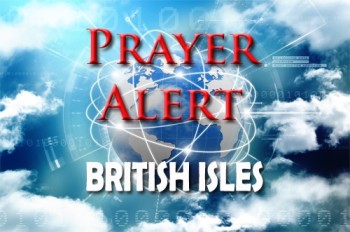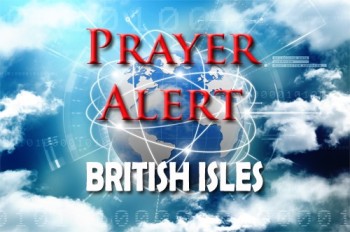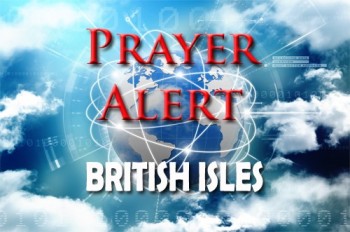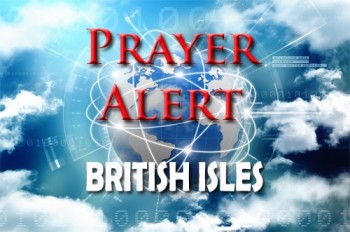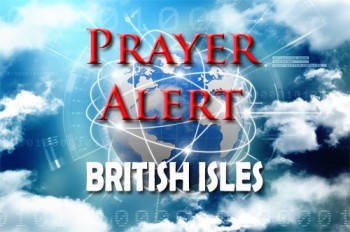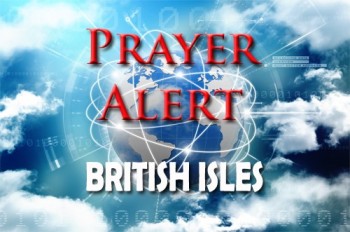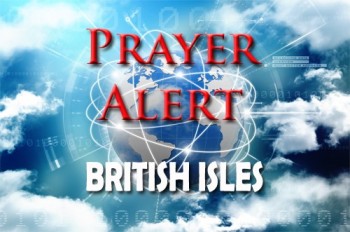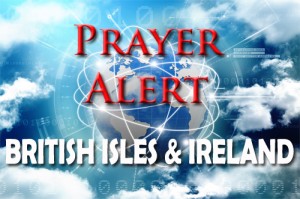Displaying items by tag: English Channel
France / UK: English Channel crossings
Britain and France have now agreed to unite to stop illegal migrants from crossing the Channel. Interior minister Suella Braverman said Britain faced an ‘invasion’ from people in small boats, saying, ‘It is in the interests of the UK and French governments to solve this problem together. There are no quick fixes, but this arrangement means we can have more gendarmes patrolling French beaches and ensure UK and French officers work hand in hand to stop people smugglers.’ There will be 40% more UK-funded officers patrolling French beaches in the next five months. A task force will focus on reversing the rise in Albanian nationals and organised crime groups exploiting illegal routes. British officers will work in French-led control rooms and on the ground to improve coordination and intelligence sharing. There will be drones, detection dog teams, CCTV, and helicopters to help discover and prevent crossings, plus reception and removal centres in France to prevent journeys to the UK of economic migrants.
Record-breaking day for Channel migrants
On 1 August almost 700 migrants crossed the English Channel in 14 small boats, a record for the year so far. The French authorities stopped one boat at sea with 35 people on board. Government figures state over 17,000 people have arrived in the UK after navigating busy shipping lanes from France in small boats so far in 2022. Liz Truss and Rishi Sunak have both vowed to toughen controls on migration into the UK as part of their bids to become next Tory leader and prime minister. Mr Sunak said he would tighten the definition of who qualifies for asylum and introduce a cap on refugee numbers. Ms Truss said she would increase the number of Border Force staff and extend the UK's Rwanda asylum plan. However, no asylum seekers have been sent to the East African country yet following a series of legal challenges. See
10,000 migrants already this year
10,057 migrants have now crossed from France to the UK since January. This time last year the figure for small boat arrivals with people fleeing wars and persecution was 4,200. They are desperate for sanctuary as they navigate dangerous and busy shipping lanes in dinghies and kayaks. They have no entry visas or permission to gain entry, yet they continue to come. There are fears of it being a record-breaking year for migrant crossings despite crackdowns and threats of deportation to Rwanda. There is concern that the Government’s flagship plan to end the people-smuggling risks failure. A hundred Home Office notices of removal to Uganda have been sent to migrants, and 17 failed asylum seekers at a detention centre staged a five-day hunger strike over the policy. The first flight will leave on 14 June, but last-minute legal challenges are expected. Pray for God to give compassion to negotiators helping anxious refugees, and for the Holy Spirit to comfort and heal victims of war and human rights abuses.
Smuggling migrants
Five Albanians who smuggled migrants through the Channel Tunnel were arrested and held in London; two more arrests were in Surrey and Oxfordshire. Migrants are concealed behind furniture in vehicles hired specially for illegal smuggling, using a network of connections across Europe. Migrants paid as much as £25,000, believing they will go on to work in the illegal economy once in Britain. Commander Richard Harrison said the gang had risked the safety of the migrants and threatened the security of the UK border. Pray for these arrests to lead to further dismantling of criminal tunnel networking. Recently 430 migrants crossed the English Channel in one day. The Home Office has said it was taking substantial steps to tackle the unacceptable problem of illegal migration. A bill is currently being considered by MPs which would mean that migrants entering without permission could face up to four years in prison.
Crackdown on channel dinghy crossings
On 12 July as many as 180 migrants crossed the English Channel to the UK (see https://news.sky.com/story/number-of-migrants-crossing-english-channel-hits-new-daily-high-12027639) In six months 2,600+ people have crossed illegally into the UK, compared with 1,850 during the whole of 2019. The home secretary met her French counterpart Gerald Darmanin to push for fresh action to curb the ‘unacceptable’ daily crossings and tackle the ruthless people-smuggling gangs behind them. The two ministers will establish a joint intelligence unit based near Calais, where UK Border Force and National Crime Agency officers will work alongside their French counterparts. The new unit will consist of six British and six French police officers. Also, Miss Patel said France should start towing boatloads of illegal migrants back to its shores, saying it was not beyond the collective experience of French and UK officials to create a plan for returns at sea.
People smugglers
1,775 migrants entered the UK in small boats this year: a record 741 landed in May. The French navy is escorting them across the Channel and into British waters as smugglers exploit legal maritime loopholes. By a 1974 law, all mariners must provide assistance to vessels in distress at sea. The small boats crossing the Channel are often overloaded and taking on water. When French vessels attempt to intercept them, migrants threaten to jump into the sea, or even throw children overboard. Their refusal to be rescued by French authorities puts lives at risk, so the French have no option but to shadow the boats into British waters, where migrants are safe, knowing they will be taken to Britain, not back to France. MPs are calling for new powers to return people to France.
Border Force intercepts migrants
So far this year almost 500 migrants have been intercepted while crossing the Dover Straits, from coronavirus-infected Calais camps. On 8 April four boats carrying 57 migrants (23 of them Iranian) were intercepted by the Border Force in the English Channel. The previous day 63 migrants had tried to cross the Channel, despite lockdown measures remaining in place in the UK. Last week 52 Iranian, Iraqi and Afghan nationals, including five children, came ashore at Dover. All such migrants will be monitored for signs of Covid-19, the Home Office added. They go into isolation, and twenty places are reserved for those with coronavirus symptoms. Up to 3,000 migrants are living in northern France in desperate conditions, at high risk from coronavirus. Pray for the home secretary and her French counterpart as they tackle this situation, complicated by the coronavirus crisis. See
52 migrants rescued in Channel
Border Force officials intercepted four flimsy dinghies carrying 52 Iranian and Iraqi men, women and children journeying from northern France to the Kent coast. The people-smuggling gangs make thousands of pounds from sending refugees across the world’s busiest shipping lane. Concerns are likely to be raised that the Home Office’s decision to deploy cutters encourages migrants to travel in the belief they will be rescued and brought to the UK. Experts believe the number of arrivals will increase in the next few months as the weather improves. All the migrants were handed over to immigration officials to be processed, fed, given medical attention and undergo security screening. Meanwhile eight men and a child suffering from hypothermia were stopped in French waters and taken back to France. See
Iranian refugees entering UK
Many Iranian families settled in London after fleeing the former Shah and later fleeing his overthrower, Ayatollah Khomeini. 2001 brought fresh asylum movements of Farsi-speaking refugees, from Western Europe and Eurasia. Now there is a new wave of asylum seekers. In November, 78 of the 100+ refugees rescued in the English Channel were Iranian families. They were rescued by UK and French border force vessels from unsafe dinghies, or when entering the port of Dover on stolen French fishing boats. Some have been apprehended clambering up Folkestone’s rocks. The Home Office said, ‘We have stepped up deployments of our coastal patrol vessels along the south-east coast. However, this is not an issue that can be resolved by maritime resources alone.’ Iranian migrants in northern France said that they are determined to take whatever risks necessary to enter Britain. See
